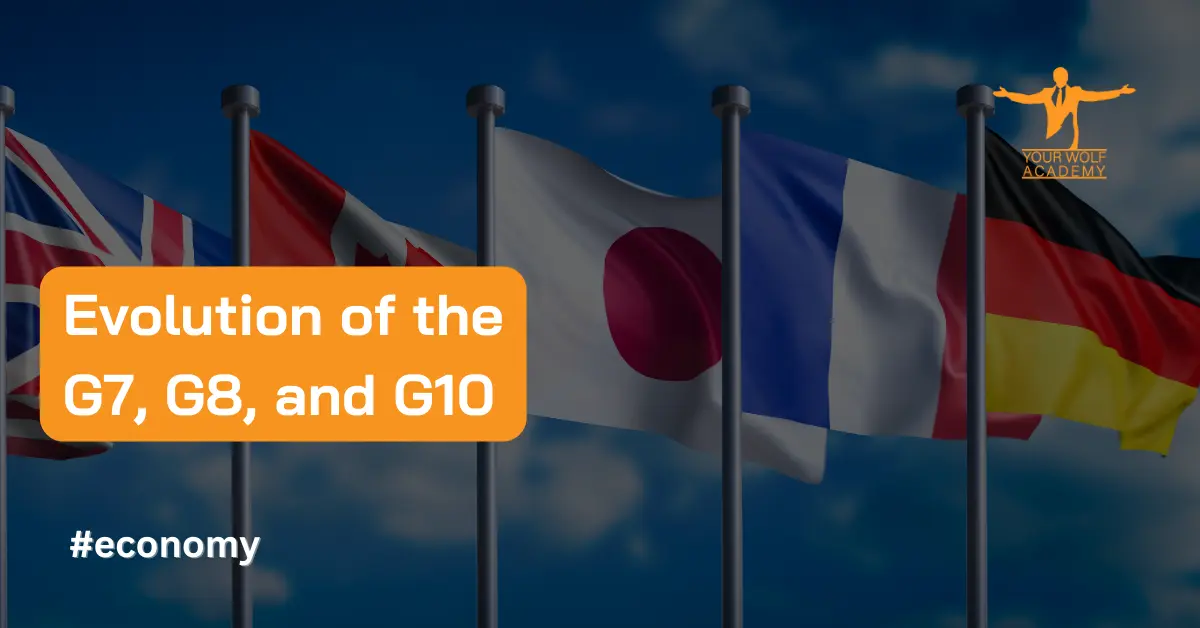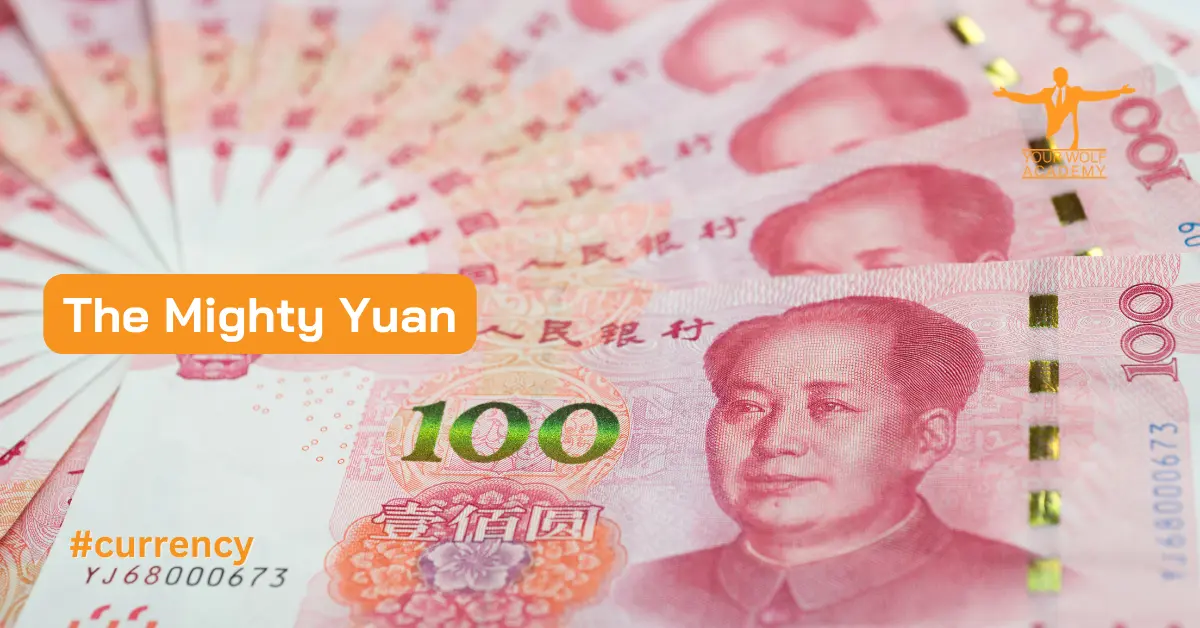The world is changing rapidly, and as it does, new challenges arise that require global cooperation and coordination. This is where the Group of Seven (G7), Group of Eight (G8), and Group of Ten (G10) come in. These are international forums that bring together some of the world’s leading economies to discuss issues of common interest.
In this article, we will explore the evolution of these groups, starting with their origins and progressing to their current status. We will also discuss their impact on global governance, and what the future may hold for these important organizations.
G7
Origins of the G7
The G7 is a group of seven of the world’s largest economies, including Canada, France, Germany, Italy, Japan, the United Kingdom, and the United States. The group was founded in 1975, in response to the oil crisis and the resulting economic instability.
The original purpose of the G7 was to provide a forum for the world’s leading economies to coordinate their economic policies and promote global economic stability. The group’s meetings were informal, and participants were able to discuss issues openly and without the constraints of a formal agenda.
Evolution of the G7
Over time, the role of the G7 has evolved. While economic stability and cooperation remain central to the group’s mission, its scope has broadened to include other issues such as global security and environmental sustainability.
The G7 has also become more formalized over the years. Today, the group holds annual summits where leaders discuss a wide range of issues, and the group’s agenda is carefully crafted in advance.
Impact of the G7
The G7 has had a significant impact on global governance over the years. Its members are among the world’s largest economies, and their decisions can have far-reaching consequences.
For example, the G7 played a key role in the response to the 2008 financial crisis. The group’s leaders met in Washington, D.C. in November 2008, where they agreed to work together to stabilize the global economy and prevent future financial crises.
The G7 has also been a strong advocate for environmental sustainability. In 2015, the group committed to reducing greenhouse gas emissions and to supporting the Paris Agreement on climate change.
G8
Origins of the G8
The G8 is a group of eight of the world’s largest economies, including the same members as the G7, plus Russia. The group was founded in 1997, and its creation was seen as a recognition of Russia’s growing economic importance.
Evolution of the G8
The G8’s evolution closely mirrors that of the G7. The group’s original focus was on economic stability and cooperation, but over time, its scope has broadened to include other issues such as global security and environmental sustainability.
However, the G8 has faced criticism for its lack of diversity. The group’s members are all from industrialized, developed countries, and critics argue that the group does not adequately represent the interests of the developing world.
Impact of the G8
The G8 has had a significant impact on global governance, but its influence has been somewhat limited due to its lack of diversity. Nonetheless, the group has played a key role in shaping international policy on issues such as climate change and global health.
For example, the G8 has committed to increasing funding for global health initiatives such as the fight against HIV/AIDS and malaria. The group has also been a strong advocate for debt relief for developing countries.
G10
Origins of the G10
The G10 is a group of ten of the world’s largest economies, including the G7 members plus Belgium, the Netherlands, and Switzerland. The group was founded in 1962, in response to the creation of the European Economic Community.
The original purpose of the G10 was to coordinate economic policy among its members, and to provide a forum for discussions on issues related to monetary policy, exchange rates, and international financial stability.
Evolution of the G10
The G10’s focus has remained largely the same over the years, with an emphasis on economic policy coordination and financial stability. However, the group’s membership has changed over time, reflecting shifts in global economic power.
In the early years, the G10 included a number of countries that are no longer members, such as Austria, Finland, and Sweden. In the 1970s, the group expanded to include Switzerland, and later Belgium and the Netherlands.
Impact of the G10
The G10 has had a significant impact on global governance, particularly in the area of monetary policy and exchange rates. The group has played a key role in shaping the international financial system, and its members are among the world’s largest holders of foreign currency reserves.
For example, the G10 has been instrumental in the creation of the International Monetary Fund (IMF) and the establishment of the Bretton Woods system. The group has also played a key role in managing financial crises, such as the Asian financial crisis of the late 1990s.
Comparison of the G7, G8, and G10
While the G7, G8, and G10 share many similarities, there are also some key differences between these groups.
Membership: The G7 is comprised of seven of the world’s largest economies, while the G8 includes the same members plus Russia. The G10 includes the G7 members plus Belgium, the Netherlands, and Switzerland.
Scope: While all three groups have a focus on economic policy coordination and financial stability, the G7 and G8 have a broader scope that includes issues such as global security and environmental sustainability.
Diversity: The G7 and G8 are often criticized for their lack of diversity, as all members are from industrialized, developed countries. The G10 is somewhat more diverse, with three additional members from Europe.
Impact: All three groups have had a significant impact on global governance, but their influence has varied depending on their membership and scope. The G7 and G8 have been particularly influential in shaping international policy on issues such as climate change and global health, while the G10 has been instrumental in managing financial crises and shaping the international financial system.
Conclusion
The G7, G8, and G10 are important international forums that bring together some of the world’s largest economies to discuss issues of common interest. While their origins and missions vary, all three groups have had a significant impact on global governance over the years.
As the world continues to change and new challenges emerge, it is likely that these groups will continue to play an important role in shaping international policy and promoting global cooperation.
However, as the global balance of power shifts, it will be important for these groups to remain relevant and representative of the interests of all countries, not just a select few.
Your Wolf Academy offers a range of educational resources to help traders succeed, including free signals, technical analysis, and weekly webinars. Sign up today and get a recommendation for a regulated brokerage company that suits your needs.


